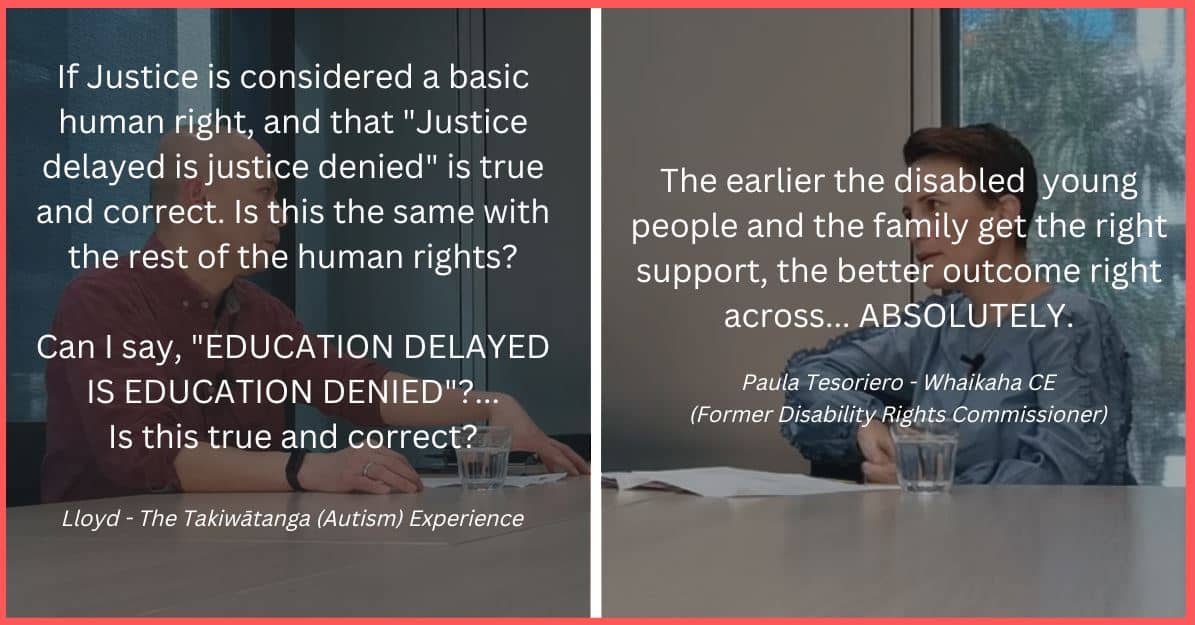
This episode was recorded on September 2022.
Transcript of the podcast:
Lloyd:
Thank you for your time. I appreciate you giving me your time. Given that you’re settling here in Whaikaha as the new CEO, I appreciate your time. What is Whaikaha for Paula?
Paula:
Firstly, thank you for having me and inviting me to talk with you. Whaikaha is all about really trying to change the way that supports and work is done for disabled New Zealanders. We have two key roles. One is we provide a range of supports through disability support services, and that transferred to us from the Ministry of Health. One of our big responsibilities there is to actually transform the way that those services are provided to give much more choice and control and budgets into the hands of disabled people and their families. The second big responsibility we have is to try and really steward change across all of the other government agencies, like education, housing, justice, many others, who really profoundly impact the lives of our community. Really trying to ensure that those agencies can work with disabled people, tangata whakaha, and their families, really front and centre. That’s our dual mission, really. And we hope that over time, will really not just transform the way that we deliver services and supports that we are responsible for, but we have a really influential role in how government supports and really enables disabled people to live a more civil lives.
Lloyd:
What made you decide to move from being the Disability Rights Commissioner to moving to here in Whaikaha ?
Paula
I spent five years as a disability rights commissioner, and I loved the role, and I had a really fantastic time in that role. When the role of chief executive of Whaikaha came up, I saw this as a wonderful opportunity to move from advocacy to really being in a position to have a team to try and pull levers to affect change. I’ve gone from being outside of government, trying to influence government, to now being inside of government in a key leadership role that I hope will enable me to really lead with the team and lead with the community some change that I hope Whaikaha will be able to deliver with the community.
Lloyd:
I don’t want to rub salt on wound, and I just want to make sure that I am also not assuming things. What is disability in New Zealand context?
Paula:
Great question. For me, whether or not people identify as being disabled is, of course, up to every individual. But the way that disabled people in developing the New Zealand disability strategy and in the UN convention on the Rights of Persons with Disabilities thinks about disability is through what we call a social model. What that social model is all about is focusing not on the particular condition or impairment a person has, but it focuses on the barriers that exist, which mean that people have to work through those barriers to participate fully in society. Why I really like that framing and why many people like that framing is because it focuses on all of our responsibilities to remove those barriers for disabled people. Traditionally, there was a very medical focused model which was about medical fixes and cures. We’ve really moved away from that, but we still need to keep pushing that social model and really keep focusing on what barriers exist and removing those barriers.
Lloyd:
Is autism going to be part of that disability? I know we’re on a long term view of removing those barriers, and are we considering autism or any autistic person part of that disability community?
Paula:
In my five years as a disability rights commissioner, I was really privileged to have lots of engagement with the autism community. I really, really valued that. I’m going to value that expertise and wisdom from groups such as the group who will be listening to this podcast and people who listen to this. From my perspective, actually, it’s really, really important that we as Whaikaha are working in collaboration with the autism community and that we have a really good understanding across the organisation of the vast range of different types of barriers that get in the way of people, the range of people in our community. Whether or not individuals with autism define themselves as disabled or use another word, that’s entirely okay. But I know that we have a responsibility to work with the autism community, and I’m really committed that we do that.
Lloyd:
What are the things that parents, carers, and the rest of the autistic community should be excited about? What’s the future ahead of the autism community?
Paula:
I’m really hoping that the autism community will tell me what the autism community expects to see in the future and what the autism community expects to see from government and from local government and from the broader community. Because actually the autism community know the answer to that question much better than I do. My job is to make sure that Whaikaha is listening, that we work in partnership, and that we steward the change that the autism community and the rest of our disability community want to see. Now, I’d love to flick a switch and that happened tomorrow, but I also know realistically that it’s going to take time for us to build our organization, to recruit to different roles, to really set the vision with the community and get to that place. It’s going to take us a little bit of time. But actually, we’ve never had an opportunity like we have now with an agency focused on supporting the goals and aspirations of disabled people and their families. We know that there are big platforms like the United Nations recommendations for change across the disability system that came out this week. There’s the Royal Commission of Inquiry into abuse and state care recommendations that will come out next year.
Actually, there’s just a big call for change from the disability community. I hope that the autism community can be excited about that future. I also know that actually our community have been waiting for a really long time to see change, and I know there’s a responsibility on our team to start to work with community, which we’re already doing, but to build on that and deliver change, not just in the supports that disability support services provide, although that’s critically important, but actually how the whole system changes. I’m excited about that.
Lloyd:
You mentioned about partnership. What does that mean? I mean, like Whaikaha being in partnership with an entity, an organization. What does that mean?
Paula:
What the government has been really clear about is it’s given Whaikaha a really clear mandate to work in partnership. Now, we have to take the words off that page and make that real. What we’re trying to do with that is we have a tripartite relationship with a partnership agreement. At the moment, for the first year, effectively, what that’s going to look like is a partnership of tangata Whaikaha, and three other disabled people. Six disabled people, including three, tangata Whaikaha, and Whaikaha is the Crown. The intention is that we work on strategic ideas collaboratively. Then there’s a community reference group that intersects with a lot of the work that we will be doing. What the intention is to actually be able to support the community side of our partnership to grow and develop. Actually, that means ensuring that that community gets given funding to grow its breadth and depth of communication so that that part of the partnership is supported really strongly to partner with Whaikaha so again, it’s going to take a little bit of time. But in the interim, Whaikaha will need to work with many groups in the community. I encourage the autism community to connect with us.
Lloyd:
And in that six disabled people, that includes member from the autism community?
Paula:
So with those six people, I’m not aware that one of the six people in particular identify as having autism. But at this point, what the partnership is focused on is how do we build Whaikaha as an organization, determine what the real priorities for us are, which will be driven by the community. The community side of partnership will have a big responsibility in reaching out to all parts of the community so that what we’re getting here at Whaikaha is that full range of views.
Lloyd:
Being a former Disability Rights Commissioner, I know justice is one of the basic human rights and the rest of the… There’s a premise that says justice is delayed, justice is denied. Is this true and correct with the rest of the human rights? Like education, we can say that education is delayed, and then education is denied. Is that true and correct?
Paula:
The disability community been really clear for a long time that actually the earlier that disabled young people in the family have the right support, the better outcomes right across people will have. So absolutely.
Lloyd:
What is your final message to parents, autism parents and the rest of Aotearoa?
Paula:
I’ve had the privilege in my previous role of meeting many people with autism in their families, and I’ve really valued that. And I’m aware of many of the challenges that the autism community experience. Clearly, I don’t know all of them, but I have a reasonably good understanding. Our role at Whaikaha is to make sure that the services we’re responsible for delivering and the supports we’re responsible for delivering are transformed in the way that the whole community, including the autism community, expect. But also over time, we steward things like changes in the education system, in the justice system, the health system, that we are playing a leadership role in trying to drive change for better outcomes for all disabled people, including the autism community.
Lloyd:
Okay. Thank you for your time. Appreciate it.
Watch the video episode here:
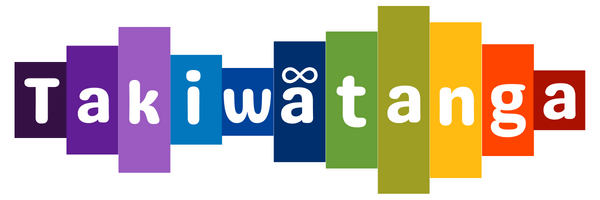
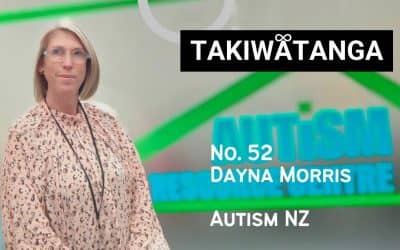
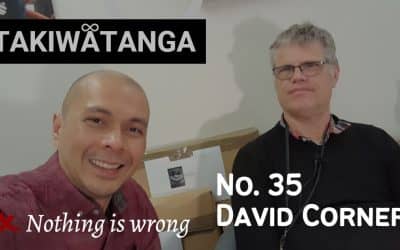
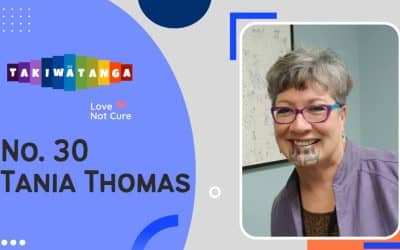
0 Comments